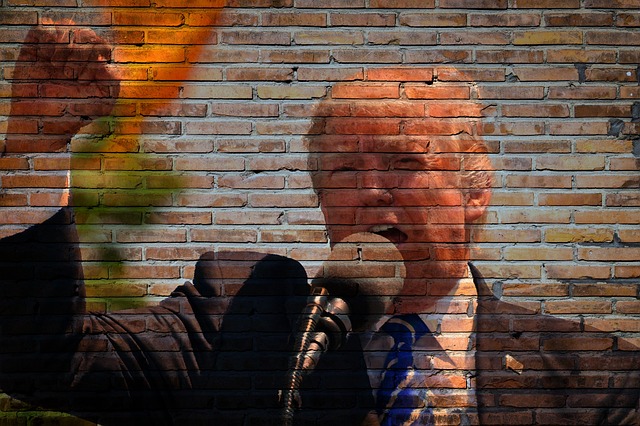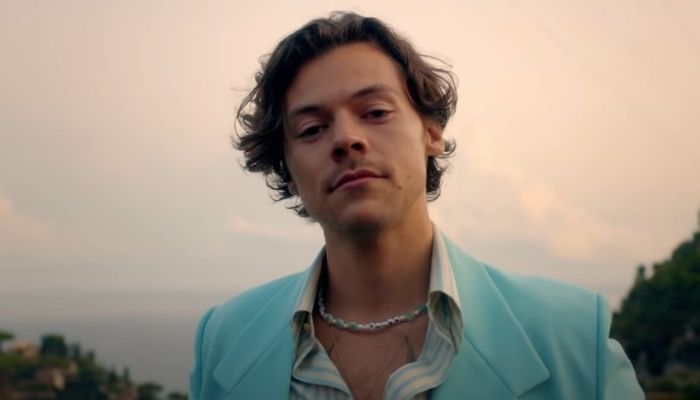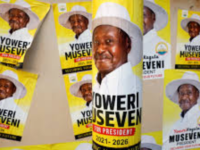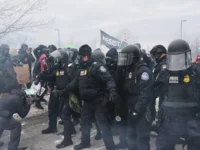Donald Trump Showcases His Lineup of Cultural Icons

Everyone has their favorite artists and cultural touchstones, and Donald Trump is no exception. But unlike most people, the former president had the stage — and the tanks — to make his preferences part of the national spotlight. On Wednesday, he returned to the Kennedy Center to announce a new group of honorees, a moment he described as fulfilling his pledge to bring “the brightest stars from across our nation” to America’s cultural stage.
For Trump, politics was never only about legislation and budgets. It was also about shaping culture — deciding which voices and performances would be remembered and celebrated in museums, schools, and national institutions. The Kennedy Center, long regarded as a hub for American arts, became one of his platforms for doing just that.
A Presidential Stamp on Culture
Trump has always been eager to leave his imprint on institutions. For colleges, he pushed financial penalties until, in his view, they corrected past “misdeeds.” In Washington, he brought military presence and even tanks into the picture. For the Kennedy Center, however, his influence was more straightforward: he appointed a board that ultimately named him chairman.
Speaking about the upcoming awards evening, Trump described it as “a big event,” joking that he was asked to host but had declined — before adding that the board insisted anyway. “Next year we’ll honor Trump,” he quipped, making clear that his presence in American culture was both political and personal.
The Trump-Approved “Stars”
This year’s honorees reflected Trump’s distinctive, sometimes unexpected, tastes. The list included country legend George Strait, praised for his record-breaking career, and actor Michael Crawford, whom Trump called “one of the greatest talents I’ve ever actually seen,” citing his famed role in The Phantom of the Opera.
Hollywood muscle also made the cut with Sylvester Stallone, a longtime Trump acquaintance, whom he described as “a unique man” and “very honored to be honored.” Disco diva Gloria Gaynor, celebrated for her timeless anthem I Will Survive, also joined the list. Trump declared it “an unbelievable song,” noting how it improves with each listen. Amusingly, his ex-wife Ivana once revealed that she listened to the track on repeat during their divorce proceedings.
Rounding out the selections was the theatrical rock band KISS, known for their bold performances and iconic makeup.
Trump’s Musical Affinities
Trump’s relationship with music and culture has always leaned toward the flashy and nostalgic. His campaign playlists featured Elton John, the Village People, Bachman-Turner Overdrive, and the Rolling Stones — despite some artists objecting to his use of their music. His enthusiasm for Macho Man and classic Broadway show tunes was well known, with reports that he once asked an aide to play Memory from Cats whenever he needed cheering up.
In fact, Trump often cited his experience of seeing Cats as transformative, and during a meeting with Kennedy Center trustees, he expressed his desire to bring more Andrew Lloyd Webber musicals to the capital.
Culture, Homelessness, and Power
Yet Trump’s cultural agenda also intertwined with his broader political vision. After recalling Cats and Betty Buckley’s iconic performance of Memory, he pivoted to the issue of homelessness in Washington, vowing to remove tent encampments in city parks as part of his effort to make the city “beautiful.”
Critics accused him of authoritarian overreach as he expanded federal control in Washington, deploying officers and the National Guard. Trump brushed off such accusations, suggesting instead that people should “join him” in reshaping America. He hinted at extending similar interventions to major cities like Los Angeles, Chicago, and New York.
“I don’t want to call a national emergency,” Trump concluded, “but if I have to, I will.”









